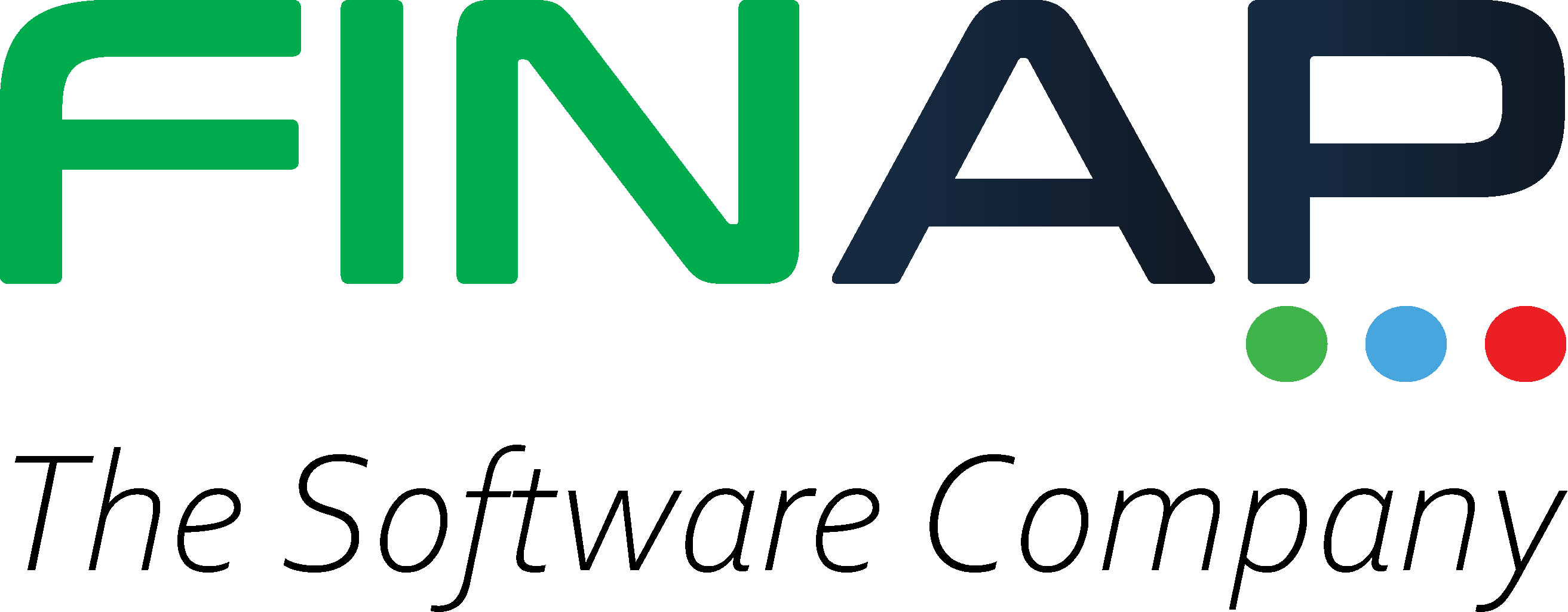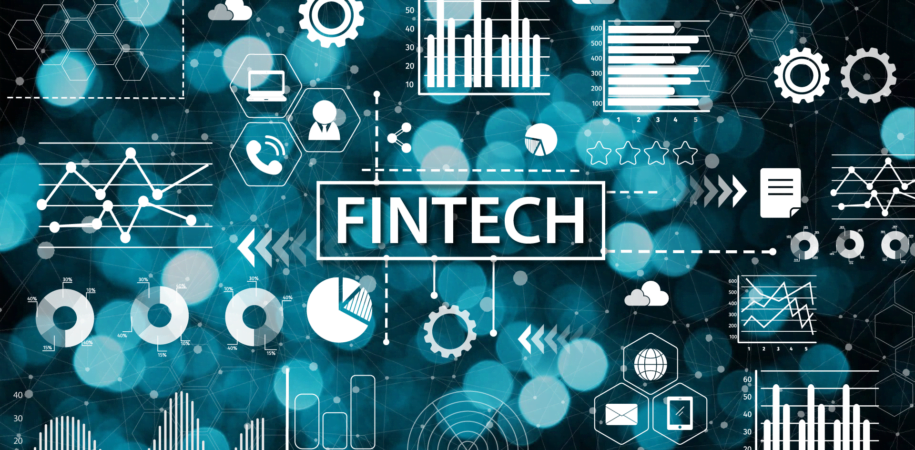The terminology for Fintech originates from fusing the two words, Financial Technology. The International Monetary Fund (IMF) and World Bank’s Bali Fintech Agenda define Fintech as: “Advances in technology that have the potential to transform the provision of financial services spurring the development of new business models, applications, processes, and products.” In other words, Fintech is the usage of Information Technology in providing better financial services.
A Brief History of Fintech
Although it may seem like a new phenomenon, Fintech has been around in one form or another throughout the last century. Many tech companies and financial institutions sought to incorporate new technologies into banking and finance, making banking more convenient for customers and bankers alike. According to a paper published in 2016 by Arner, Barberis & Ross, the evolution of Fintech has had three stages.
The technological infrastructure required for a globalized financial industry was created during the Fintech 1.0 period, which spans from 1866 to 1967, in which the telegram, the telephone, electronic fund transfers, and credit cards were invented. Fintech 2.0, spanning from 1967 to 2008 marked the shift from analog to digital. The financial sector adopted many new technologies during this period, including ATMs, the opening of the world’s first electronic stock exchange (NASDAQ), BACS (Bankers’ Automated Clearing System), CHIPS (Clearing House Interbank Payments System), SWIFT (Society for Worldwide Interbank Financial Telecommunications) and later with many more ICT advancements in e-banking. By the end of the Fintech 2.0 era, customers had remote access to certain banking and stock brokerage services given they had a compatible device with an internet connection.
Fintech 3.0 (2008 – to the present)
A few notable developments of Fintech 3.0 are listed below.
- Cloud Banking
The banking sector traditionally invests heavily on the storage, processing, and protection of its data. However, the recent developments in cloud computing technology allow financial institutions an alternative to this approach. Cloud-based platforms offer greater functionality and security for a fraction of the cost.
- Payment Gateways
Until recently the methods of payment were limited to cash, cheques, or swiping of a card. However, with recent developments in Fintech, easier and faster payment methods have come to light. Mobile banking, Online banking, and payment gateways such as PayPal, Stripe, and Amazon Pay are a few examples.
- Robotic Process Automation (RPA)
Many of the traditional, repetitive, and tedious processes such as customer onboarding, KYC compliance, credit card processing, and fraud checks could easily be automated. Manual data processing is a costly and time-consuming endeavor. RPA maximizes operational efficiency, minimizes costs, and increases accuracy. RPA can be further enhanced by incorporating AI (Artificial Intelligence) and Machine Learning.
- Blockchain Technology
Blockchain is the technology that makes cryptocurrencies such as Bitcoin and Ethereum possible. In essence, a blockchain is a ledger that keeps detailed records of previous transactions. The significance of blockchains is that it is almost impossible to alter or hack their information. A blockchain is entirely decentralized, and no single entity has control over it, therefore no third party is required when making a transaction. The creation of blockchain is a significant milestone in the evolution of Fintech. Moreover, it must be noted that the applications of blockchain technology extend way beyond Fintech.
Fintech 4.0
When looking back it’s clear that there has been an abundance of innovations throughout the years. Fintech features such as the cloud, mobile apps, and digital banking have made it possible for the financial services sector to operate amid the global Covid 19 pandemic. As of today all interested parties can access a plethora of Fintech functions remotely & safely. What would Fintech 4.0 be like? With the rapid pace of digital transformation in the industry, it is quite impossible to foresee the maturation of Fintech 4.0 no more than it was to predict blockchain technology back in 1866. But one fact is for certain, it will be bigger, better & smarter!
FINAP Worldwide
FINAP (Fintechnology Asia Pacific) is a leading solutions provider to the FSP sector in the Asia Pacific region. We have some of the best engineers and developers working on our Fintech software products and services, with constant innovations. Our products are designed on four key principles; user experience, open banking or open APIs, parameterization, and scalability, which is the reason for our success in a very short time, beating some of the established and well-known products in the market. Our focus on understanding the needs and problems of our customers has enabled us to create world-class business solutions. Going forward we firmly believe that our financial technology with the right and diligent application could immensely help the banking & finance domain reach new global heights.


